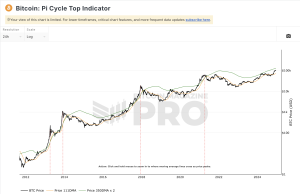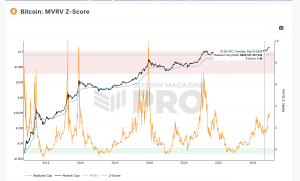The Bitcoin Standard: A Summary

“The Bitcoin Standard: The Decentralized Alternative to Central Banking” by Saifedean Ammous explores Bitcoin’s role as “sound money” in a financial world traditionally dominated by government-issued currency, or “fiat money.” In this book, Ammous delves deeply into the fundamental issues of modern financial systems, building a case for Bitcoin as a new global monetary standard. Here’s a high-level overview of the book’s key points.
1. The Evolution of Money
Ammous begins with a historical look at money’s evolution, focusing on how societies have gravitated toward forms of money that are durable, portable, divisible, and, most importantly, resistant to inflation. Precious metals like gold served as sound money for centuries due to these qualities. The gradual transition to fiat currency, however, introduced issues around inflation and central control over money supply.
2. The Problem with Fiat Money
Ammous critiques the fiat standard, explaining how governments and central banks inflate the currency to fund spending and manipulate interest rates. This disrupts markets, distorts prices, and, according to Ammous, harms individual savings by reducing the purchasing power of money over time. He argues that such inflationary practices disproportionately affect middle and lower-income individuals who rely on cash savings.
3. Bitcoin as Sound Money
Bitcoin’s limited supply (capped at 21 million coins) makes it resistant to inflation, a characteristic Ammous argues is a primary indicator of sound money. Through its decentralized structure and secure network, Bitcoin prevents any single entity from altering its supply. Ammous sees Bitcoin’s fixed supply as a direct counter to fiat currencies’ inflationary tendencies.
4. The Digital Gold Thesis
Ammous positions Bitcoin as “digital gold,” drawing parallels between Bitcoin and precious metals. He believes Bitcoin, like gold, can act as a hedge against inflation and protect wealth over time. Furthermore, Bitcoin has advantages over physical gold: it’s highly portable, divisible, and secure, making it a strong contender as a global reserve currency.
5. The Future of a Bitcoin Standard
The final sections of The Bitcoin Standard explore a hypothetical future where Bitcoin serves as the global standard for currency. In such a world, Ammous argues that individuals and institutions would be incentivized to save rather than spend recklessly, fostering a more stable, prosperous society. This, he believes, could mitigate the boom-bust cycles associated with fiat systems and lead to long-term economic stability.
Key Takeaways
• Decentralization: Bitcoin’s decentralized network is immune to government manipulation.
• Fixed Supply: With a cap of 21 million coins, Bitcoin’s scarcity gives it a unique value proposition.
• Inflation Resistance: As an inflation-proof currency, Bitcoin preserves purchasing power better than fiat money.
• Digital Gold Potential: Ammous sees Bitcoin as a modern form of gold, providing security in an uncertain financial system.
Conclusion
The Bitcoin Standard argues that Bitcoin could revolutionize global finance, offering an alternative to central banking and fiat currency. While Bitcoin’s future is uncertain, Ammous makes a compelling case for its potential as sound money in a digital era. Whether or not Bitcoin becomes the dominant monetary standard, The Bitcoin Standard sheds light on the possibilities it brings to the world of finance and economics.



